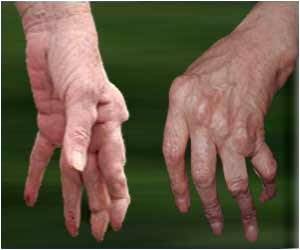A recent study, found that people who get lots of vitamin E in their food have only about half as much bladder cancer as those who take in
A recent study, found that people who get lots of vitamin E in their food have only about half as much bladder cancer as those who take in relatively little. Researchers once had high hopes that vitamin E would prove to be an important safeguard against heart attacks. But that idea eventually faded as repeated studies failed to show any protective effect .Now, some think the vitamin may protect against cancer perhaps by warding off the damaging effects of oxygen.
The new study shows that dietary vitamin E may also protect against bladder cancer, which kills about 12,500 Americans annually and is four times more common in men than women. The study was based on questionnaires of the eating habits of about 1,000 Houston residents. Those whose vitamin E intake was in the top 25 percent had just half as much bladder cancer as those in the lowest quarter. The actual difference in the amount of vitamin-rich food the two extremes ate was small, however, the equivalent of a single daily serving of spinach or a handful of almonds.The reduction was roughly the same, regardless of whether people got their vitamin E from food alone or in combination with vitamin pills. Researchers also looked at the two most common forms of vitamin E, called alpha- and gamma-tocopherol, and found that only the alpha variety was linked with lower bladder cancer risk. Good sources of this include almonds, spinach, mustard greens, peppers, sunflower seeds and a variety of oils, including olive, cotton seed and canola.
Researchers say they would like to tease out which elements of the diet are especially healthful. Many studies have shown that people who eat lots of fruits and vegetables have lower risk of cancer. However, these foods contain more than 100 potentially helpful vitamins, minerals and other substances, and no one knows exactly which components do this.
The strongest evidence of vitamin E's cancer effects comes from a study several years ago on nearly 30,000 Finnish smokers. It unexpectedly found those who took alpha-tocopherol pills lowered their prostate cancer risk by one-third. The same study shocked researchers by showing that another once high-flying nutrient, beta carotene, appeared to actually increase their risk of lung cancer.
A National Cancer Institute study now under way is testing the effects of 400 milligrams of vitamin E and 200 micrograms of selenium daily on more than 32,000 men for seven years to see if they reduce prostate cancer. However researchers say much more research is needed before they can recommend more than eating plenty of vitamin-rich fruits and vegetables.











